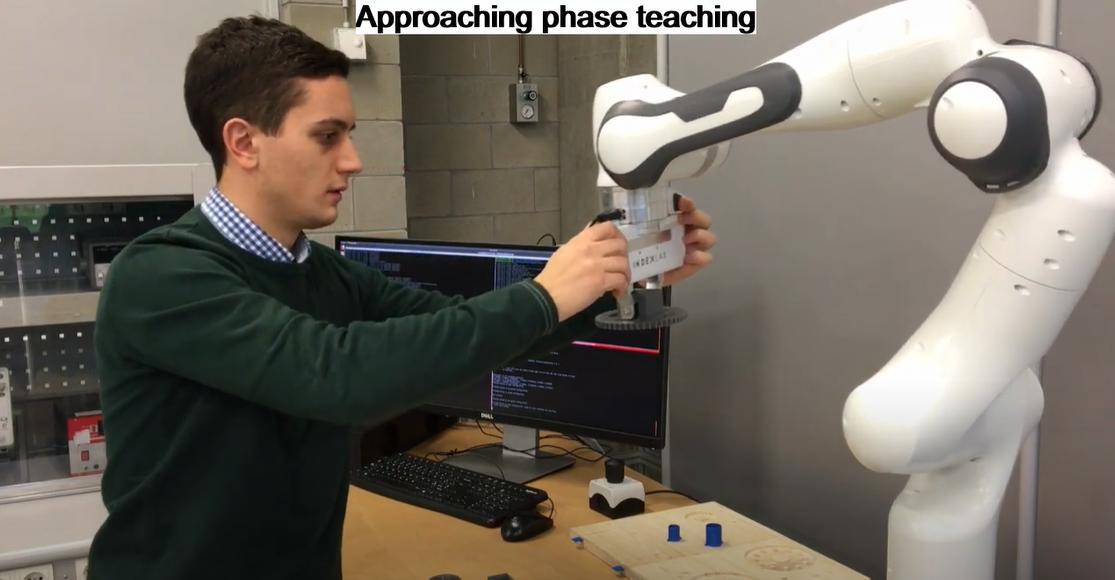Espositori 2020
- CULTURAL HERITAGE
- AEROSPACE
- ARTIFICIAL INTELLIGENCE
- DRONES
- EDUCATION
- ENERGY & SUSTAINABILITY
- FOOD & AGRICULTURE
- HOME AUTOMATION
- INTERNET OF THINGS
- KIDS & EDUCATION
- NEW MANUFACTURING
- OPEN SOURCE
- RECYCLING & UPCYCLING
- ROBOTICS
- SCIENCE
- 3D PRINTING
- ART
- ARTISANS & NEW CRAFT
- BIOLOGY
- FABRICATION
- GAMES
- HACKS
- STEAM PUNK
- WELLNESS & HEALTHCARE
- YOUNG MAKERS (< 18)
- 3D SCANNING
- MUSIC & SOUND
- FASHION & WEARABLES
Loris Roveda
In today’s workplace, the increasing use of new technologies such as Artificial Neural NeIn today’s workplace, the increasing use of new technologies such as Artificial Neural Networks (ANN) in Artificial Intelligence (AI), Mixed and Augmented Reality (MR/AR) and Collaborative Robotic (Co-Robot) is helping to improve the productivity of many industries. Therefore, a future aircraft factory would be incomplete if essential technologies are not considered. It is, therefore, necessary to innovate the assembly and quality control processes of aerostructures taking advantage of the new support of these new technologies. This will help to achieve higher efficiency and quality in aircraft production and to reduce the risk of failures due to manual activities to zero.
The main objective of the ASSASSINN project is to develop and validate a robust multifunctional assembly cell able to assist manual activities like the installation of typical fuselage systems and equipment, including cabling through the cabin structures or the application of sealant. This cell will guide the worker using Mixed and Augmented Reality during the assembly and inspection processes. The worker will be assisted by a Co-Robot while the Artificial Intelligence algorithm based on Neural Networks will check the quality of the results.
The solution proposed by ASSASSINN will take into consideration the driver factors indispensable for industrialization: increased structural integration, reduced total costs and structural weight, enhanced multifunctional materials, reduced environmental impact, and extended duration of aircraft life.
The project counts with a strong consortium composed of 3 different partners with complementary profiles and large expertise: two research centers, CEIT and SUPSI, with a background and expertise in MR/AR, robotics, and artificial intelligence; and an aeronautic manufacturing engineering, HB Technology, who is strongly consolidated in the aircraft production and assembly sector.
Loris Roveda
Eng. Ph.D. Loris Roveda received the M.Sc. (2011) and the Ph.D. (2015) in Mechanical Engineering at Politecnico di Milano. Currently, he is a senior researcher at SUPSI-IDSIA, working on AI and ML techniques applied to industrial robotics and exoskeletons (such as robot control, human-robot collaboration, dynamics identification). He has been involved in many national and European projects, and he is now coordinating the EUROBENCH STEPbySTEP project and he is the P.I. of the H2020 CS2 ASSASSINN project.



















































































